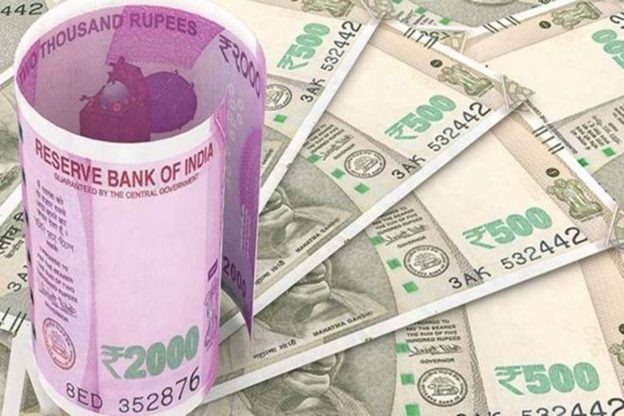NEW DELHI: In 2021, 42 start-ups became unicorns ($ 1 billion valuation) compared to just 8-10 start-ups that reached the unicorn mark in 2018/2019/2020.
To put it in perspective, this is more than the total for the last three years combined. In fact, with 42 unicorns, India even surpassed the United Kingdom (UK) as the third largest ecosystem with the most unicorns. The United States of America (USA) currently leads the world with the most unicorns, followed by China, according to the Hurun Global Unicorn Index for 2021. Bengaluru has become the world’s seventh largest unicorn center.
Fintech, Ecommerce, Edtech, SaaS companies have monopolized significant investments as demand from homebound consumers increased.
Mensa Brands, which takes on the D2C brands and helps them scale, turned into a unicorn in just six months.
In 2021, eight fintech companies (through payments, insurance, brokerage, credit cards) joined the list of unicorns and diversified e-shopping companies that joined the list, such as Online Pharmacy (PharmEasy), Social commerce (Meesho), D2C brands (Licious, MyGlamm), Groceries (Grofers) and B2B marketplaces (Infra.Market, Moglix, OfBusiness), shows data analyzed by Antique Stock Broking.
Data from Dolat Capital shows that Indian fintech companies raised $ 10.6 billion in 2021 compared to just $ 4.3 billion in 2019 and $ 3.1 billion in 2020.
First unicorn led by a woman
Ruchi Deepak-led digital insurance company Acko Insurace became the first female-led fintech startup to join the unicorn club.
The Covid-led Edutech boom turned three of the EdTech Majors (Eruditus, upGrad, Vedantu) into unicorns.
Despite the uncertainty surrounding cryptocurrency regulation in India, two of the cryptocurrency exchanges (CoinSwitch, CoinDCX) turned unicorns.
Amid the growing used car market, three of the startups in the used car space became unicorns (Spinny, Cardekho, Droom).
Founded by the former CEO of Myntra, Mensa Brands became one of the youngest unicorns in the world by reaching the milestone within just six months of its inception.
Total seed funding tripled to $ 39 billion as 42 companies became unicorns, which is more than the unicorns created in the last decade.
What led to this increase in funding?
“Factors such as the increase in internet usage and penetration (especially after Covid), the emergence of new segments and players, the favorable demographics in India, the increase of first-time users, among others, have led to a waste of private equity and the unicorn frenzy in India, “said Prateek Kumar, analyst at Antique Broking.
COVID-19 accelerated India’s digital transformation as more consumers began to rely on digital services, be it online shopping, digital payments, online health consultations, or video conferencing, to meet their daily personal and business requirements.
“First-time users have seen a significant increase, and Internet platforms are diversifying their use cases to engage more customers online. With a favorable demographic and huge growth opportunity lined up in the space between segments, Investor interests increased in the Internet sector in India. This is reflected in a squandering of private capital in the unlisted space and losses that make Internet startups able to raise public capital through the IPO, “he said. Kumar.
Valuations continued to rise due to back-to-back funding
International funds like SoftBank, Tiger Global, Temasek, Prosus and Falcon Edge etc are pumping capital into Indian startups like never before. Some startups, including Innovacer, Infra.Market, Meesho, CRED, PharmEasy, Groww, ShareChat, OfBusiness, have at least doubled their valuations in 2021 in multiple fundraising rounds.
PharmEasy’s acquisition of Thyrocare will go down in history as the first unicorn / startup to ever buy a listed entity.
Indian educational technology giant Byju’s became the top-valued startup at $ 21 billion, amid its wave of acquisitions of Indian / global companies.
Zomato, Nykaa, Paytm IPOs secured a significant anchor investment from FII amid a deluge of global liquidity.
In fact, Indian startups raised more capital in the third quarter of calendar year 2021 than in the last seven annual financings. Here are the biggest financing offers of 2021:
.https://metaknet.com/from-fintech-to-edutech-indias-unicorn-boom-decoded-in-charts/





